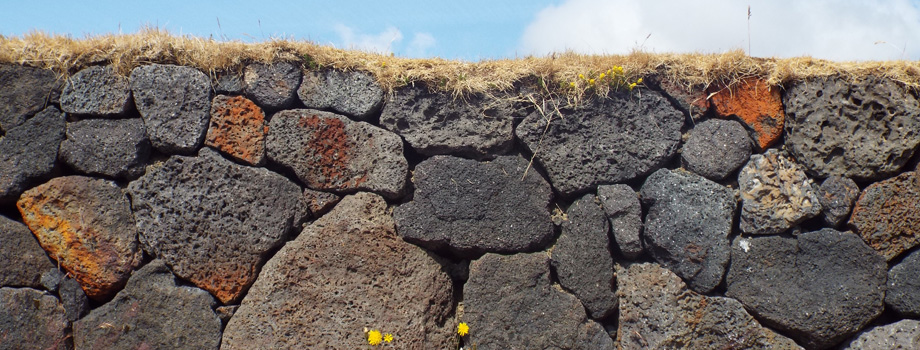
In his lecture ‘The World of the Sagas’ the poet W.H. Auden is at the more amateurish end of his critical range – he makes a few sweeping observations that don’t really stand up. But he gives this clear sense of the sagas’ narrative strategy (even if the idea that the sagas are historical is problematic):
The historian, or social realist, begins by asking ‘What do I know for certain about my fellow human beings?’, and his answer is: ‘What they do and say in the presence of others who can bear witness to it. I may be able to make plausible guesses about their unspoken thoughts, but guesses are not evidence, so I must exclude them.’ … Similarly, when considering the motives of human beings for their actions, the Historian will say, ‘I must confine myself to what is public knowledge. I may and should report the reason a man gives for acting in a certain way, if he gives one: but if he remains silent, I am not entitled to assign him a motive myself, however convinced I may be that I knew it. I can and should report the motives attributed to him, by his neighbours, but I must report these as their conclusions without comment.’ (p60)
Auden, W.H. The World of Sagas. Secondary Worlds. London: Faber, 1968, 47-84.
This austerity, whereby the narrator is largely limited to reporting external events and explanations that people have given, creates a distinctive irony, in which saga characters’ thoughts, feelings and motives are supposedly inscrutable, but actually are often plainly rendered by their actions. In this sense the sagas are closer to scriptwriting than the novel. It means that there can be no special pleading for character, which is almost always determined in the reader’s imagination by what they do and say, not by any emotional wheedling their subjectivity may engage in.
Perhaps this is one source of the idea that the sagas are realistic – they follow a kind of materialist philosophy, and our perception of the action is less mediated by the efforts of characters to interpret it. (Of course the narrator does mediate the action, and where the ‘action’ is said to consist in the inner turmoil and reflection of the characters, the saga form is ill-placed to depict it.) Saga realism is a complex question and one I’ll come back to.

